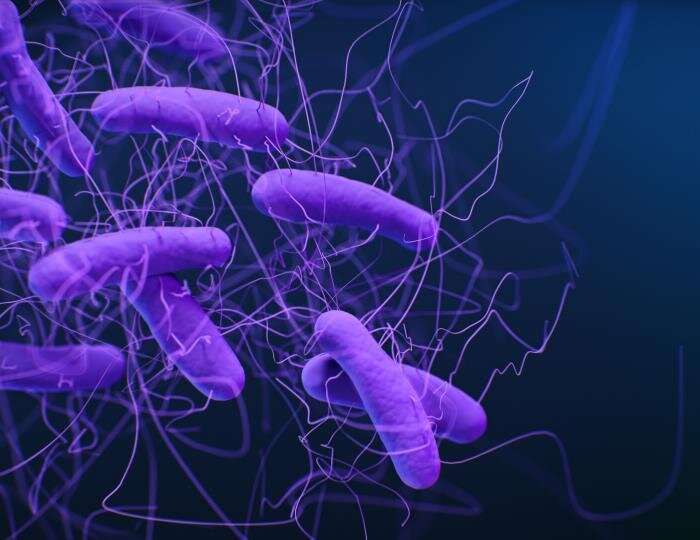Clostridioides difficile is a bacterium that causes an infection of the large intestine. The bacterium is often referred to as C. difficile or C. diff. Some people carry C. diff bacteria in their intestines but never become sick. They are carriers of the bacteria and may spread infections.
Illness from C. diff typically occurs after using antibiotics. It most commonly affects older adults in hospitals or long-term care facilities. About 200,000 people in the U.S. are infected annually with C. diff in a hospital or long-term care setting. These numbers are lower than in previous years because of improved prevention measures.
Signs and symptoms of C. diff infection usually develop within five to 10 days after starting a course of antibiotics. However, they may occur as soon as the first day or up to three months later.
The most common signs and symptoms of mild to moderate C. diff infection are watery diarrhea and mild abdominal cramps. Additional signs and symptoms of severe infection include rapid heart rate, dehydration, fever and nausea.
Complications of C. diff infection include dehydration, kidney failure, colon damage and death.
A person is treated only when showing signs or symptoms of infection. Treatments can include antibiotics and surgery to remove the diseased portion of the colon. People who carry the bacteria but are not sick are not treated.
Approximately 25% of people treated for C. diff infection get sick again, either because the initial infection never went away or because they've been reinfected with a different strain of the bacteria. The risk increases with each C. diff infection episode, with the risk of getting sick again exceeding 50% after three or more infections. Additional treatment options for recurrent disease may include fecal microbiota transplant.
- Karlston
-

 1
1



Recommended Comments
There are no comments to display.
Join the conversation
You can post now and register later. If you have an account, sign in now to post with your account.
Note: Your post will require moderator approval before it will be visible.